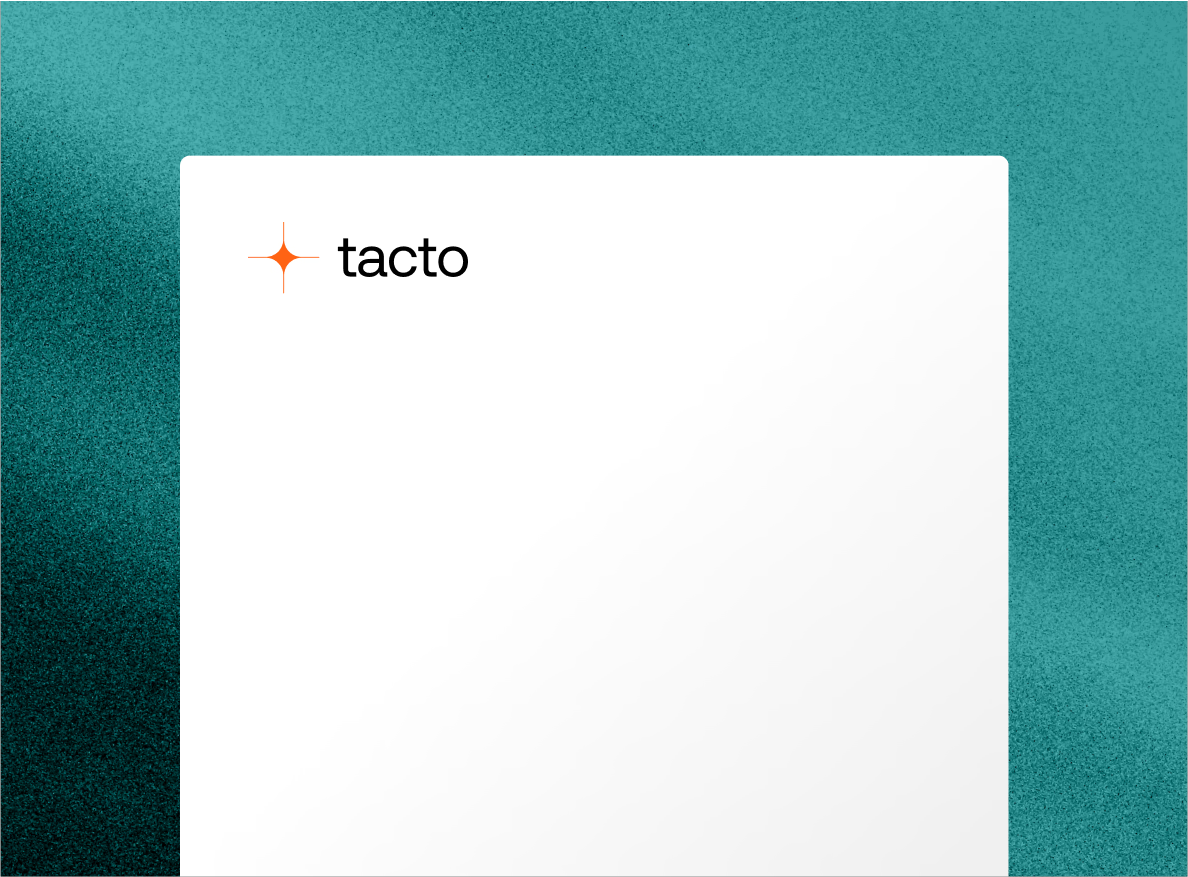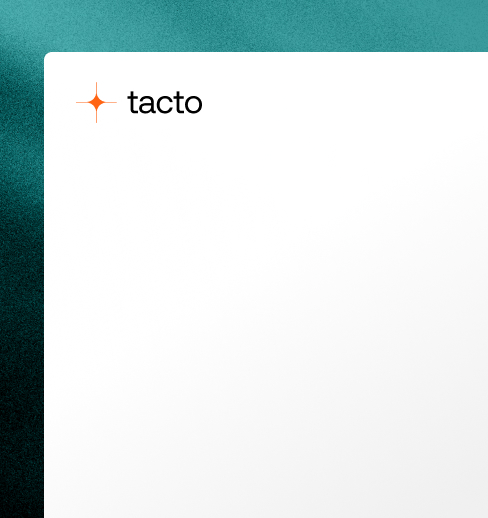Procurement Glossary
Purchase obligation: definition & important aspects for buyers
Purchase commitments play a central role in strategic procurement and help companies to achieve security of supply and cost advantages. The following overview shows you the most important aspects for successfully structuring purchase commitments in Procurement and how you can use them optimally for your negotiation strategy.
Purchase obligation in a nutshell:
A purchase commitment is a contractual agreement in which the buyer undertakes to purchase a specified minimum quantity of goods or services within a defined period of time. For Procurement , this means securing preferential conditions and security of supply, but also requires precise demand planning and risk management.
Example: An automotive supplier concludes a purchase commitment with its steel supplier for 1,000 tons of steel per quarter for 12 months at a fixed price of EUR 800 per ton, thereby hedging against price fluctuations and receiving a volume discount of 5%.
Introduction to the purchase obligation
The purchase obligation is an important legal and economic aspect of business relationships. It refers to the contractual obligation of a buyer to purchase a certain quantity of goods or services from a supplier within a specified period of time. This agreement is particularly important in commercial and business law and is often found in long-term supply contracts. The purchase obligation offers both contracting parties planning security, but also entails various legal and economic consequences that must be carefully considered. This overview takes a closer look at the key aspects of the purchase obligation, its legal basis and its practical significance in business life.
What is a purchase obligation?
A purchase commitment is a contractual agreement under which the buyer undertakes to purchase a certain quantity of goods or services from the supplier within a specified period of time. This obligation gives the supplier planning security with regard to sales volumes and revenue, while the buyer often benefits from better terms management. Purchase commitments are particularly common in long-term framework supply agreements and serve to stabilize the business relationship.
Core elements of a purchase obligation
- Minimum purchase quantity: The contractually agreed minimum quantity that the buyer must purchase
- Contract term: The period over which the purchase obligation extends
- Conditions and prices: Agreed prices, discounts or payment terms that are often linked to the purchase quantity
- Penalty clauses: Provisions in the event that the buyer does not accept the agreed quantity, e.g. contractual penalties or damages
Significance for Procurement
In procurement, the purchase obligation is an important instrument for securing delivery quantities and prices. It enables buyers to plan for the long term and benefit from stable supply relationships. The commitment allows better conditions to be negotiated, which leads to cost savings. It also strengthens the partnership with the supplier, which can have a positive impact on the quality and reliability of deliveries.
- Cost efficiency: use of volume discounts and optimized price structures
- Supplier loyalty: developing long-term partnerships for stable supply chains
- Planning security: ensuring the availability of goods and services over a fixed period of time
Strategic application of the purchase obligation
Through the targeted use of a purchase commitment, the Procurement can guarantee long-term security of supply and negotiate better conditions at the same time. Such an agreement strengthens supplier relationship management and enables predictable cost structures.
Case study: Cost reduction through volume commitment
Situation:
A manufacturer of electrical appliances regularly requires high-quality cables from a specialized supplier. The annual quantity required is around 50,000 pieces. Previously, Procurement was based on demand at varying prices.
Strategy:
The purchaser decides to enter into a purchase commitment with the supplier.
1. agreement of a minimum purchase quantity of 150,000 cables over three years.
2. negotiation of a price reduction of 15% due to the long-term commitment.
3. setting flexible delivery dates according to the production plan.
Result:
The purchase commitment ensures stable prices for the manufacturer and significantly reduces material costs. The supplier benefits from guaranteed purchase quantities and can plan its production more efficiently.
Evaluation and strategic findings
✓ Critical success factors
→ Precise demand planning: precise analysis of historical data and sales forecasts to determine realistic purchase quantities
→ Contract management: flexible clauses for quantity adjustments and delivery dates with simultaneous price security
→ Supplier selection: Careful due diligence to ensure long-term supply capability
⚠ Challenges and limitations
→ Capital commitment: increased use of funds due to guaranteed purchase quantities
→ Risk management: limited flexibility in the event of market price changes or fluctuations in demand
→ Dependency risk: Increased loyalty to individual suppliers
Future trends and implications:
"The evolution of purchase commitments is moving towards dynamic, AI-supported contract models."
→ Hybrid contract models with flexible and fixed volume components
→ Integration of sustainability targets in purchase agreements
→ Digital real-time monitoring of purchase quantities and automatic adjustments
→ Blockchain-based smart contracts for automated settlement
Conclusion on the purchase obligation
Purchase commitments are an effective strategic instrument in modern Procurement. They offer both buyers and suppliers important advantages through planning security, cost savings and stable business relationships. Success depends to a large extent on careful requirements planning and balanced contract design. Despite certain risks such as increased capital commitment and limited flexibility, the strategic benefits outweigh the risks. With the trend towards digital and more flexible contract models, purchase commitments will remain an important component of successful procurement strategies in the future.







.png)
.png)
.png)
%20%E2%80%93%20Jakob%2C%20Ines.png)
%20%E2%80%93%20Jan%2C%20Jacob.png)
.png)
.png)
